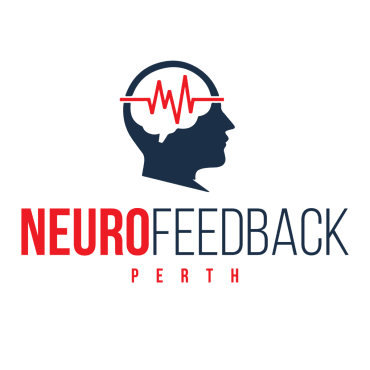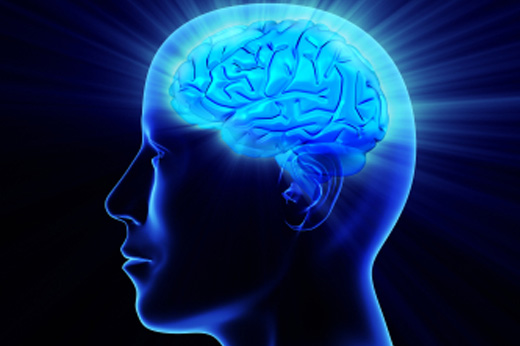Creativity and innovation stand as pivotal drivers for success and expansion in the dynamic and competitive landscape of today. Whether one identifies as a writer, an artist, an entrepreneur, or a professional seeking novel concepts, tapping into creativity is imperative. Neurofeedback brain training presents an advanced method for unleashing creative potential and nurturing innovative thinking.
In this blog, we delve into the realm of neurofeedback brain training, exploring its role in amplifying creativity and innovation.
NeurOptimal, a neurofeedback system designed to optimize brain function by providing real-time feedback on brain activity, doesn't directly enhance creativity but indirectly aids it by fostering a more balanced and flexible brain state.
Here's how NeurOptimal contributes to cultivating creativity:
Stress Reduction: Excessive stress and anxiety can impede creative thinking. NeurOptimal helps users attain a relaxed state of mind, diminishing the negative impact of stress on cognitive processes. A stress-free mind is more open to creative ideas and problem-solving.
Improved Focus and Attention: NeurOptimal sessions enhance focus and attention by training the brain for optimal attentiveness. Heightened focus allows individuals to concentrate better on creative tasks, facilitating a deeper exploration of ideas.
Enhanced Brain Connectivity: NeurOptimal aims to improve communication between different brain regions, promoting better overall connectivity. This heightened connectivity fosters increased integration of ideas and information, potentially fueling more innovative and creative thinking.
Altered Cognitive Patterns: Creativity often involves breaking away from rigid cognitive patterns. NeurOptimal's sessions encourage the brain to be more flexible and adaptable in its thinking, potentially leading to more imaginative thoughts.
Enhanced Problem-Solving: By promoting mental clarity and reducing distractions, NeurOptimal improves problem-solving abilities. A more optimized brain state aids in generating innovative ideas, crucial for creative thinking.
Beyond fostering creativity, NeurOptimal contributes to enhancing innovation by promoting cognitive and emotional attributes conducive to the innovation process.
Here's how NeurOptimal aids innovation:
Enhanced Cognitive Flexibility: Innovation demands thinking outside conventional norms. NeurOptimal encourages cognitive flexibility, enabling individuals to approach problems from various angles and consider unconventional solutions.
Reduced Mental Blocks: NeurOptimal supports a more open and receptive mindset, reducing mental blocks that hinder exploring new ideas, a key aspect of innovation.
Increased Adaptability: Innovators need to adapt quickly to changing circumstances. NeurOptimal's focus on brain optimization enhances adaptability, making it easier to adjust strategies when faced with challenges.
Emotional Regulation: Emotions play a significant role in innovation. NeurOptimal aids in emotional regulation, helping individuals manage emotions effectively and maintain a positive outlook during the innovation process.
Improved Collaborative Abilities: NeurOptimal's stress reduction and communication improvement may lead to enhanced collaboration among individuals involved in the innovation process.
Increased Resilience: Innovation involves overcoming setbacks. NeurOptimal helps build resilience, enabling individuals to bounce back from challenges and pursue innovative ideas with determination.
Enhanced Learning and Adaptation: NeurOptimal improves learning capabilities, making it easier for individuals to acquire new knowledge and adapt to emerging trends and technologies, crucial for successful innovation.
Final Thoughts: Neurofeedback brain training through NeurOptimal provides a groundbreaking avenue for unlocking enhanced creativity and fostering innovation. It is crucial to recognize that its impact on creativity varies among individuals, given the complexity of this cognitive process influenced by personal traits, experiences, and environmental factors. While NeurOptimal can be a supportive tool in the creative process, it's not a guaranteed solution.
Moreover, NeurOptimal is not a magic bullet for innovation. Innovation involves a multifaceted process influenced by various factors, and NeurOptimal can serve as a valuable tool to optimize brain functioning. However, successful innovation requires a combination of creativity, problem-solving, strategic planning, and execution. Results may vary, and maintaining realistic expectations is essential. At Neurofeedback Perth, we offer the state-of-the-art neurofeedback technology NeurOptimal® to help you achieve your brain training goals. Contact us on 0402 041 561 to learn more about unlocking the full potential of your brain.





















